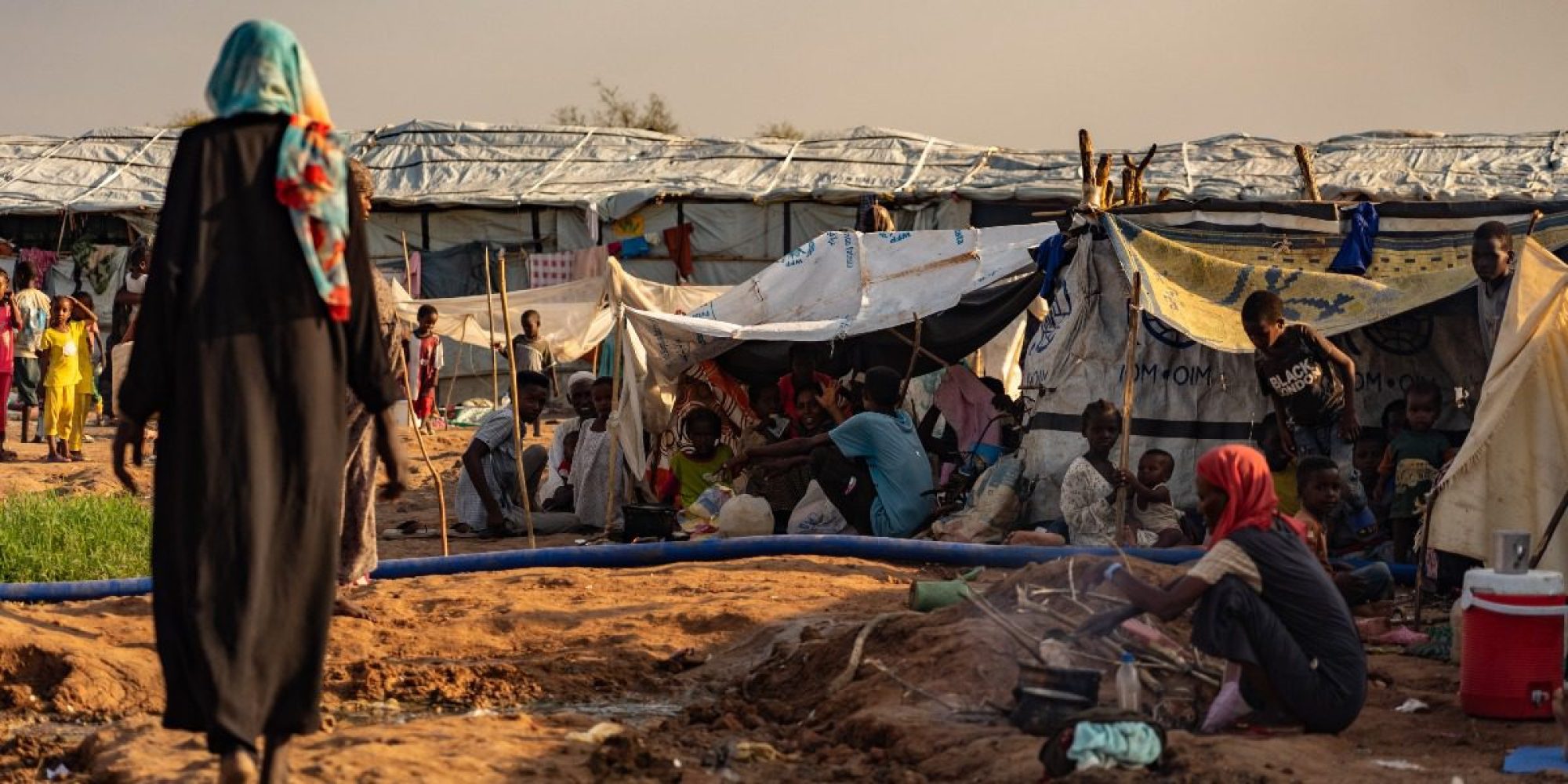
War in Sudan
Resources to help support refugees from Sudan.
In April 2023, fighting erupted in Sudan as a result of a rivalry between two military groups who ousted Sudan’s longtime dictator in 2019. Instead of handing the power back to civilian leaders, the generals started feuding over which military group would take ownership of the armed forces.
Since then, over 10 million people have fled their homes in search of safety, creating the biggest displacement crisis in the world.
2 million people have fled to neighboring countries with an additional 7.7 million displaced within the country. Those leaving Sudan have fled to Chad, Egypt, Ethiopia, and South Sudan, where agencies like Jesuit Refugee Service (JRS) have been providing support and relief to the displaced populations. JRS has focused its response efforts since the beginning of the conflict in Chad, where we provide emergency education and psychosocial support, and South Sudan, where our operational focus is mainly physiotherapy rehabilitation, mental health and psychosocial support.
JRS has been present on Sudan’s border with South Sudan, more specifically in Renk, where more than 700,000 people have already crossed as of July 2024.
As JRS, we continue operating in both frontiers to provide services to the vulnerable forcibly displaced people who are running away from the horrors of the conflict. We encourage you to read a testimony from JRS East Africa Regional Deputy Director, Shane Burke, for more intimate details of this catastrophe.
JRS will continue being present where the needs are greatest. This response equips us to be prepared and contribute to coping with the human consequences of this outbreak of violence, as we continue to accompany, serve, and advocate for those who need us most during this tough time.
What can I do to respond?
There are ways that you can help those who have been forced to flee from the conflict in Sudan:
- Give: To accommodate the influx of refugees, an urgent and emergency fund is needed for early response. JRS will continue being present where the needs are greatest. This response equips us to be prepared and contribute to cope with the human consequences of this outbreak of violence, as we continue to serve, accompany, and advocate for those who need us most during this difficult time.
- Learn: Follow along with our colleagues in the region who continue to provide regular updates. (JRS East Africa & JRS West Africa)
- Pray: Visit this page to pray for no more loss of life as a result of the war in Sudan

